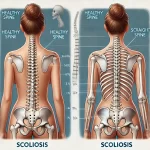
The liver is one of the most important organs in our body. It performs a wide range of functions, including filtering toxins and waste products from the blood, producing bile to aid digestion, regulating blood sugar levels, and storing vitamins and minerals. However, when the liver becomes damaged or diseased, it can lead to serious health problems that can be life-threatening.
One treatment option for people with severe liver disease is a liver transplant. A liver transplant involves replacing a diseased or damaged liver with a healthy liver from a donor. There are two types of liver transplants: deceased donor liver transplant (DDLT) and living donor liver transplant (LDLT).
In this blog post, we will focus on living donor liver transplant and explore whether it is an option for you.
A living donor liver transplant is a surgical procedure in which a portion of a healthy liver is removed from a living donor and transplanted into a recipient whose liver is no longer functioning properly. The liver has a remarkable ability to regenerate itself, so both the donor and recipient livers grow back to their full size within a few weeks after surgery.
Living donor liver transplant offers several advantages over deceased donor liver transplant:
1.Shorter waiting time: In DDLT, patients have to wait for a suitable liver to become available, which can take months or even years. In LDLT, the surgery can be scheduled as soon as a suitable donor is identified.
2.Better outcomes: Because the donated liver comes from a healthy person, there is less risk of complications such as infections, rejection, or graft failure.
3.Higher success rate: Studies have shown that LDLT has a higher success rate than DDLT, with lower rates of graft failure and better long-term survival rates.
Who can be a living donor?
Not everyone can be a living donor for a liver transplant. To be eligible, donors must meet certain criteria:
4.Be in good health: Donors must be in excellent physical and mental health, with no history of liver disease or other serious medical conditions.
5.Have a compatible blood type: The donor’s blood type must match the recipient’s blood type.
6.Have a healthy liver: The donor’s liver must be free from any signs of disease or damage.
7.Be willing to donate: Donors must give their informed consent to donate part of their liver.
8.Be between 18 and 60 years old: Age is an important factor in determining a donor’s eligibility for LDLT.
9.Have a close relationship with the recipient: Most living donors are family members or close friends of the recipient.
What are the risks and complications?
As with any surgical procedure, there are risks and potential complications associated with living donor liver transplant. These include:
11.Bleeding: There is a risk of bleeding during surgery, which can be life-threatening if not promptly treated.
12.Infection: Both the donor and recipient are at risk of developing infections after surgery.
13.Rejection: The recipient’s immune system may reject the transplanted liver, leading to graft failure.
14.Bile leakage: There is a risk of bile leaking from the surgical site, which can cause infection and other complications.
15.Death: Although rare, there is a risk of death during or after surgery.
It is important to discuss these risks and potential complications with your healthcare provider before deciding whether to proceed with living donor liver transplant.
Living donor liver transplant is a viable option for people with severe liver disease who need a new liver. It offers several advantages over deceased donor liver transplant, including shorter waiting times, better outcomes, and higher success rates. However, it is not without risks and potential complications, and careful consideration should be given to the decision to proceed with this surgery.
If you are considering living donor liver transplant, talk to your healthcare provider about whether it is an option for you. They can help you understand the risks and benefits of this procedure and guide you through the process of finding a suitable donor. With careful planning and preparation, living donor liver transplant can offer hope for a better quality of life for those with severe liver disease.

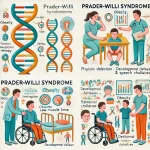



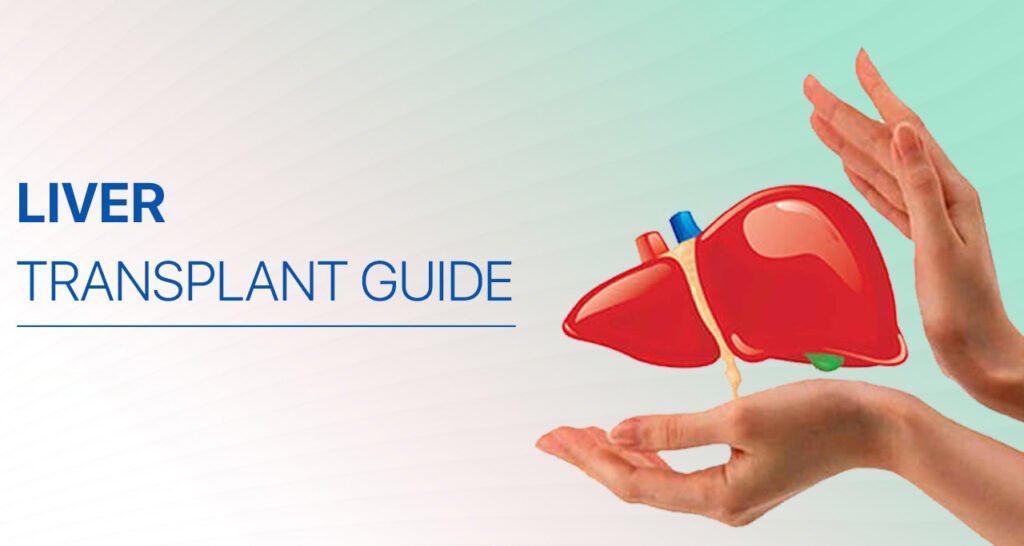
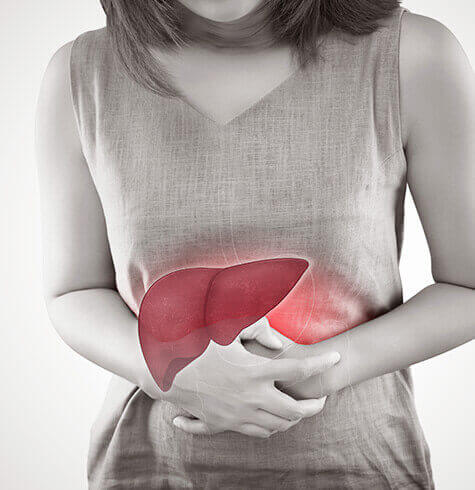




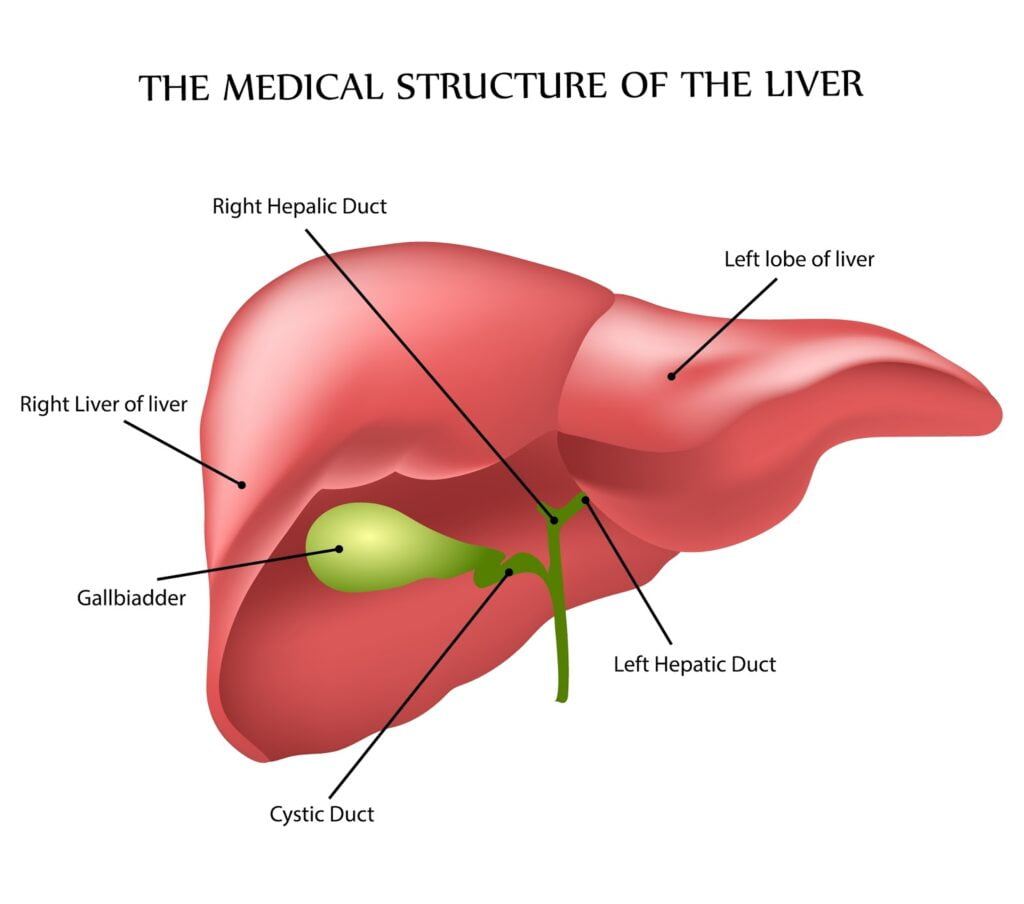
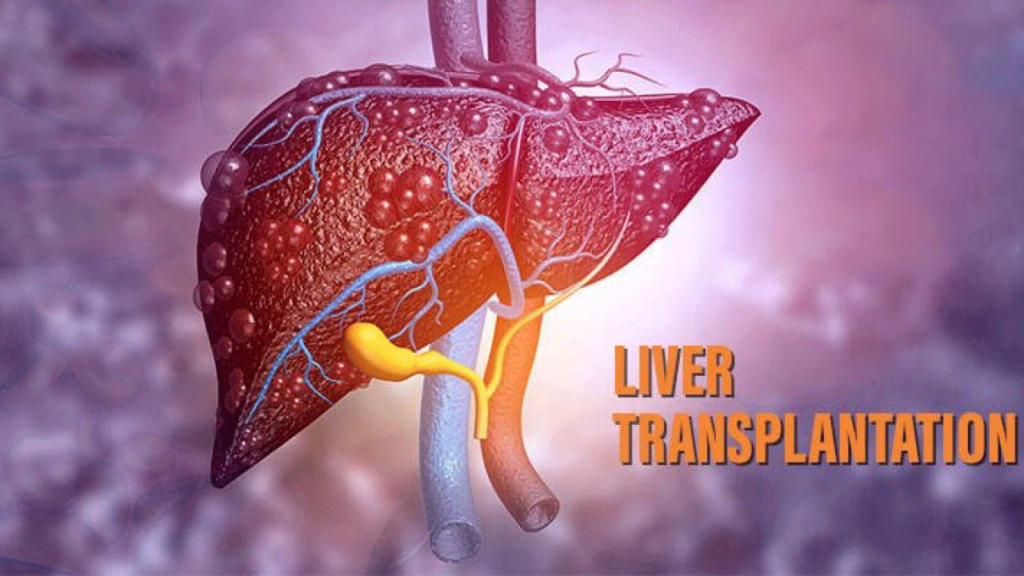


Indian Health Adviser (IHA) is a healthcare facilitator seeking to make health and wellness easier for people of international residents, their families, and their friends.
Designed by Acmeinfolabs